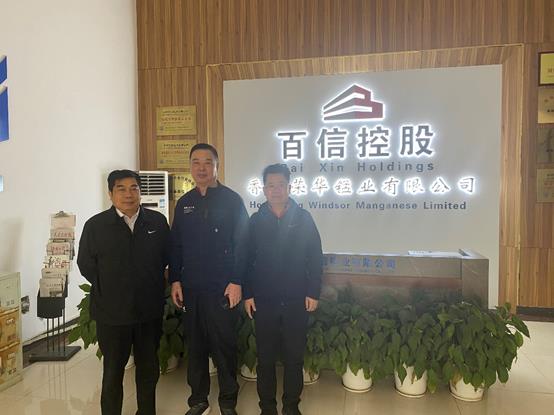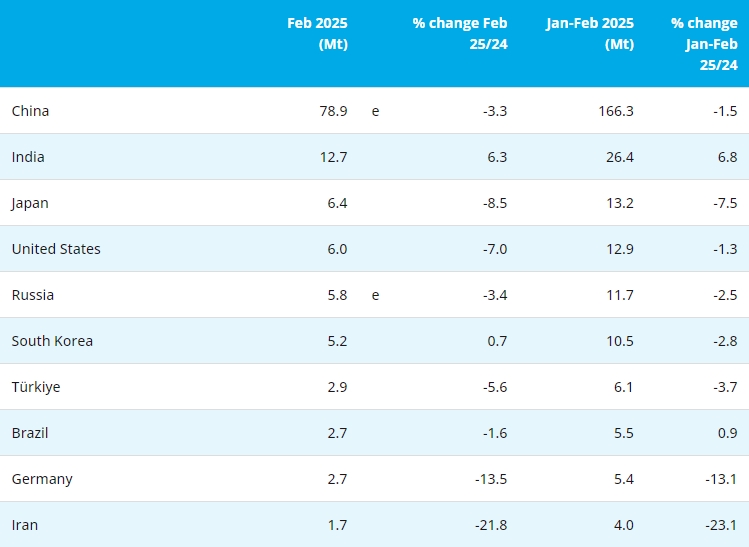SHARES in South32, the diversified miner spun out of BHP Billiton, have dropped 17.3% in the past six weeks as the prices of its key commodities have weakened.
The shares were trading at R16.74 on Wednesday compared with their close of R20.24 on the first day that South32 became a separate entity.
In the same period, BHP Billiton’s shares have shed 11% to around R243.
BHP Billiton shareholders received South32 shares on a one-for-one basis and it was expected that some shareholders would sell South32 to rebalance their portfolios.
The share price drops show that continued weakness in commodity prices has also played a role in selling.
South32 took over all BHP Billiton’s South African assets, including thermal coal mines, aluminium smelters, manganese mines and ferromanganese processing.
South32’s other assets include bauxite, nickel, silver, lead and zinc, and its geographical spread extends to Australia and South America.
Last month South32 said the Samancor joint venture with Anglo American, which owns the Metalloys manganese smelters, had decided to defer the restart of four of the furnaces because high-carbon ferromanganese prices had declined 20% since the beginning of the financial year.
London-based Liberum Capital analysts Richard Knights and Ben Davis recently upgraded South32 to a "hold" from a "sell", with a target price of 90p. They said the positive factors for South32 were that its free cash generation was solid, there was potential value accretion from mine expansions and it would gain the biggest benefit in the sector from weakness in the rand and Australian dollar.
South32 was also a possible bid target and its lower gearing gave it balance sheet flexibility.
Negative included structural headwinds in its key commodities. Manganese demand depended on Chinese steel manufacturing, which was slowing, aluminium prices were capped by Chinese exports and coal was affected by falling Chinese imports.
Mr Knights and Mr Davis also said if management could achieve cost savings of up to $500m a year before tax, it would be a key driver for the company’s stock.
Copyright © 2013 Ferro-Alloys.Com. All Rights Reserved. Without permission, any unit and individual shall not copy or reprint!
- [Editor:Sophie]



 Save
Save Print
Print Daily News
Daily News Research
Research Magazine
Magazine Company Database
Company Database Customized Database
Customized Database Conferences
Conferences Advertisement
Advertisement Trade
Trade





 Online inquiry
Online inquiry Contact
Contact

Tell Us What You Think